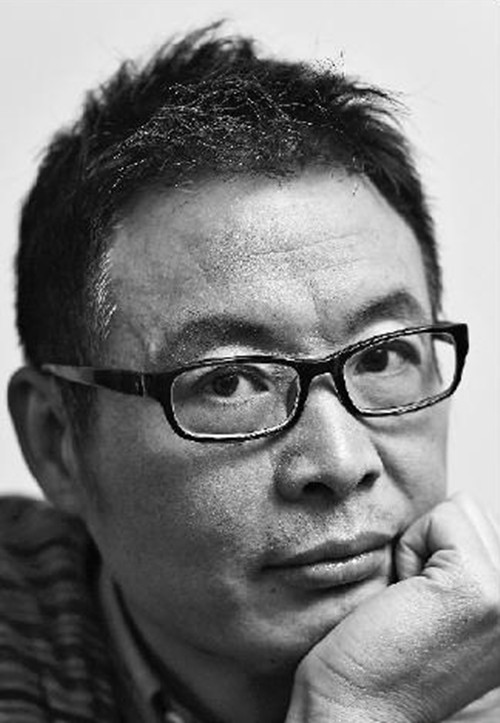 |
|
Writer Mai Jia.[www.news.cn]
|
Literary Agent – A Vital Component
Mai Jia’s other piece of good fortune is his copyright agent. He has admitted that he knew nothing about copyright agents until Tan Guanglei contacted him. Also that even if he could have afforded to bear the costs of translation, he wouldn’t have known where to start.
In China and throughout Asia, writers contact publishing houses directly. But in the U.S. and Britain, the market is big and mature enough to allow work specialization, in the form of literary agencies. Agents seek out quality manuscripts, help authors find suitable publishers and negotiate contracts, and assist in promotion of works. They also act on a writer’s behalf in dealing with film and TV copyright, overseas copyright and derived copyrights (such as large print and audio books), leaving authors to concentrate on their creations.
Tan started working as an agent in 2004. He then established his own company and imported best-sellers like The Kite Runner and The Shadow of the Wind. But in 2009 he decided to promote Chinese novels on the international market. “When dealing with copyright exports, you need to understand the rules of the international publishing market, and also the system of discourse power and human network,” Tan said. “Entering the Western book industry is an arduous process.”
Tan has set up cooperation relationships with literary agencies in 16 countries. He sends specifically translated sample chapters and outlines of quality books to agencies with whom he cooperates. These companies, in turn, evaluate the materials and send them to publishers they know. They then arrange meetings and negotiations. “These are basic procedures,” Tan explained. “Whether or not they succeed is often a matter of pure luck.”
Tan began promoting Jie Mi abroad at the end of 2009. After more than a year of no responses, things suddenly fell into place. In early 2011, Milburn contacted Tan and sent him her sample translation. Tan rapidly re-compiled the materials and sent them, through a literary scout in Britain, to the chief editor of the Penguin Press, who immediately signed a contract for the English edition. In 2012, the English translation was finished. Tan sold the U.S. edition copyright to FSG, and followed up in 2013 with the copyright deals for Spanish, Turkish, French and Hebrew editions. The floods of rave reviews that followed publication in 2014 of the English edition made clinching deals with other countries a formality.
Thus far, most literary agents – in China and throughout Asia – are actually “sub-agents.” They generally purchase Chinese-edition copyrights from foreign publishers, in effect importing foreign copyrights. There exists only a handful like Tan, who proactively search out Chinese writers and successfully recommend them to the Western publishing world. But Tan has confidence in the overseas market for Chinese literature. “The success of Decoded has opened the gates to the international market for Chinese writers,” Tan said. “Foreign publishers that have previously not published Chinese works might now be keen to try, because they love this story. Others might still hesitate, but eventually be bold enough to follow suit.”
Decoded is likely to attract swarms of book scouts and publishers to China, prospecting for literary “gold.” Chinese authors, meanwhile, now know that the road to success lies in a competent translator and a reliable agent!
We Recommend:
